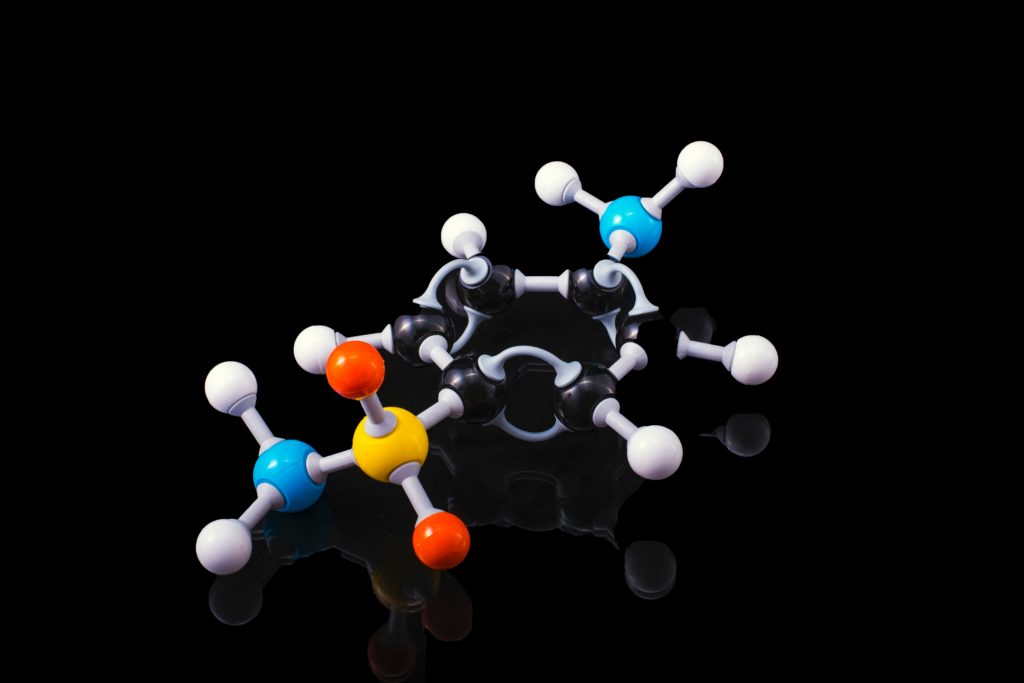In July 2021, the Australian Patent Office accepted a patent application from Cytec industries Inc’s against opposition from CSIRO. Both Cytec and CSIRO engaged multiple expert witnesses to support its claims. The matter demonstrates not only the prominent role that expert evidence holds in all Intellectual Property matters, but also the value of always applying key principles of expert witness engagement, including the avoidance of conflicts of interest, appropriate expert selection, and the construction of effective questions to the expert.
Background
Cytec’s application related to the production of polyacrylonitrile (‘PAN’) polymer for the manufacture of the carbon fibre. Cytec submitted that it had developed a Reversible Addition-Fragmentation Chain Transfer (‘RAFT’) agent that could control the rate of propagation of molecular chains so that polymer chains remain similar in length whilst providing molecular density. Polymers of this kind are preferred because of their molecular and mechanical advantages, e.g. they are more amenable to the spinning process required to produce carbon fibre.
Expert Evidence
Independence
CSIRO initially filed as a ‘straw man’ opponent (whereby CSIRO could receive representation but conceal its identity). CSIRO later revealed its identity due to the connection between it and its expert witnesses, two of whom were employees at CSIRO.
Whilst the Delegate acknowledged concerns about the independence of the opposition’s expert witnesses, he also acknowledged that the Patent Office permits such connections between an opponent and its experts. The Delegate went on to highlight that he was sufficiently satisfied of the impartiality of the experts (and of their awareness of their overriding duty to the court) since they had read the Federal Court’s Expert Evidence Practice Note.
The Delegate also drew attention to stronger subjective language used by expert witnesses in their testimony, including that evidence amounted to being “misleading” or “hearsay”. This was insufficient to warrant exclusion of the evidence but led the court to approach it with “some caution”. [39]
The Inventive Step
The opposition’s key contention was that Cytec’s process did not contain an inventive step (that such a process is apparent or “common general knowledge” to the person of ordinary skill in the art).
CSIRO’s expert witnesses encountered difficulties in convincing the Delegate that their evidence reflected common general knowledge rather than mere awareness of emerging RAFT processes by the person of ordinary skill. The evidence lacked the specificity and the well-established character of widely accepted knowledge regarding the Applicant’s invention. In particular:
- An account of the development of the RAFT process in the 90’s only indicated that the RAFT process is public knowledge rather than common general knowledge; [70]-[75]
- Past patent documents first disclosing RAFT polymerisation methods were insufficiently specific to the applicant’s invention (they referred to polymer preparation where Acrylonitrile is a minor rather than major component); [77]-[79] and
- A handbook on RAFT polymerisation contained wording which characterised the handbook’s methods as mere proposals for how to conduct RAFT polymerisation rather than as generally accepted outlines of developed processes. [82]
In contrast, expert witnesses for Cytec adduced evidence discussing the various technical prejudices against the use of RAFT polymerisation due to firstly the challenge of producing polymers of high molecular weight and low variance in polymer chain length (since variance in chain length usually increases with higher molecular weight) and secondly the challenge of using acrylonitrile in the RAFT process due to the substance’s reactivity. [94]
That the applicant’s invention overcame both these difficulties (it used Acrylonitrile in the RAFT process to produce high molecular weight polymers with low variation in chain length), proved that a skilled person with common general knowledge would not consider attempting the invention as a matter of routine. The applicant’s invention therefore did contain an inventive step. [104]
PSA – Person Skilled in the Art
The applicant raised concerns that one of the opposition’s expert witnesses possessed extensive RAFT polymerisation expertise and so did not possess the expertise of an ordinary polymer scientist with broad knowledge of polymerisation techniques. The Delegate confirmed that he did not consider the expert a polymer scientist of ordinary skill in the art and would only accept the expert’s evidence based on whether it reflected the knowledge of a person skilled in the broader more ordinary sense. [36]
Takeaways
Lawyers should always provide experts with a copy of the relevant Expert witness Practice Note or Code of Conduct. This is particularly important in IP matters where the very niche industry context of the invention might require the engagement of experts who present potential conflicts of issue.
Expert evidence is essential to most patent applications where the opponent questions the inventive step. In those instances, lawyers get the most out of expert witnesses who understand and can comment on what constitutes ‘common general knowledge’ of the person of ordinary skill in the art, as opposed to public knowledge or mere awareness. Lawyers should focus on the succinct and accurate phrasing of their questions put to experts and should offer clients a wider discussion about the meaning of terms used in IP disputes.
IP matters may not always benefit from the niche expertise of witnesses, especially where the key concern is a matter of gauging general industry knowledge and standards regarding an invention. In cases where a party does have the benefit of an expert with very specialised expertise in relation to the invention, lawyers should clarify that the Delegate will only accept their evidence to the extent that it reflects ‘common general knowledge’.
Finally, experts are always more persuasive where their language in reports and in court testimony remains impartial.
